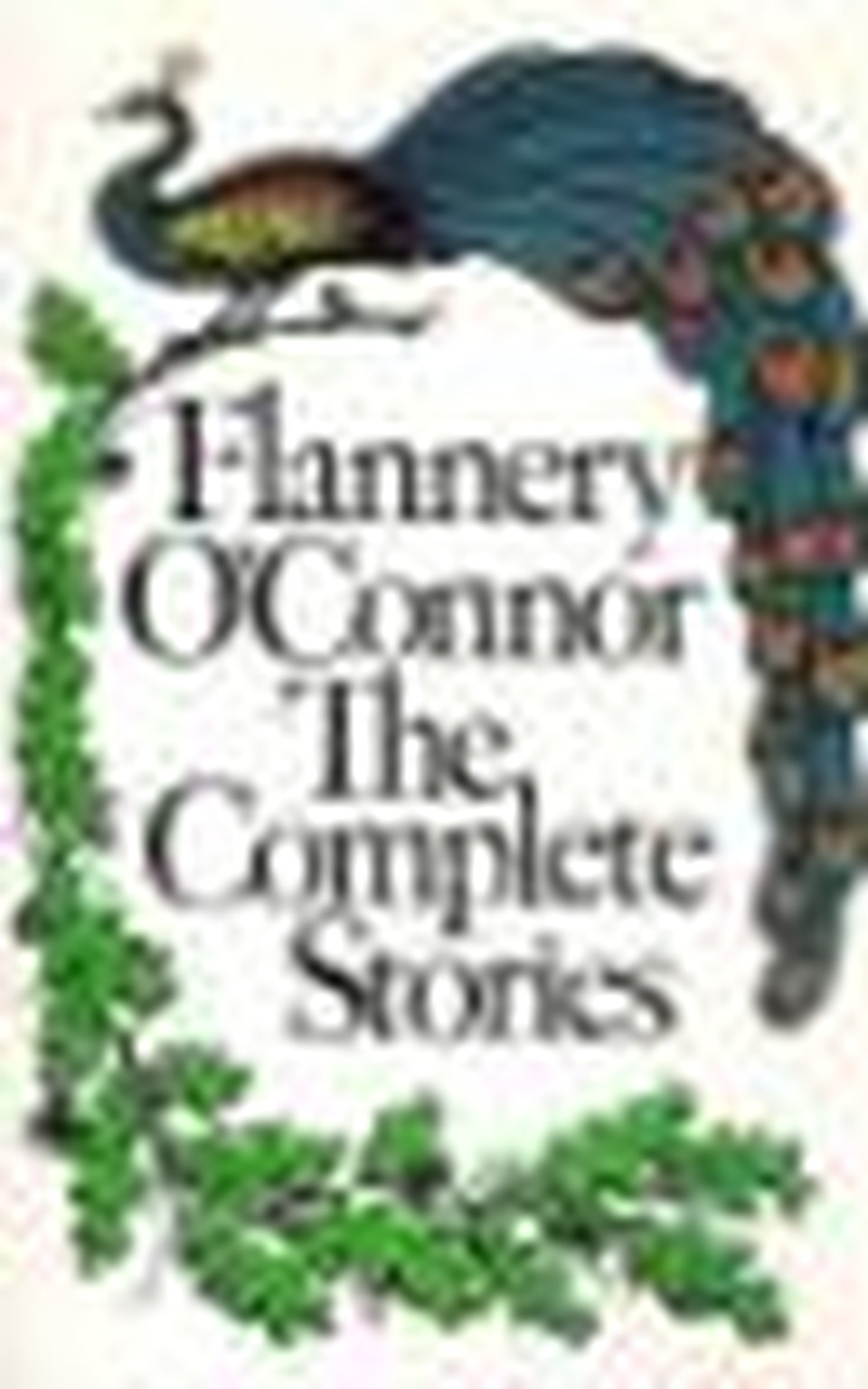O'Connor's Latest Award: An Implicit Plea to Christian Writers - Part 2

Late last year, the National Book Foundation selected Flannery O'Connor's "Selected Stories" as the best work of fiction of the past 60 years. She is an odd choice—not because she bested the likes of Faulkner, Welty, and Cheever—but because now, when our culture wallows in post-modern ambivalence, the Foundation chose a writer who defended absolute truth, and whose work explored Scripture's mystery: that the world has been redeemed by the God's Son, and that history is moving to a day of cosmic reclamation.
O'Connor's award is evidence of what our non-believing neighbors are hungry for. And it's an implicit challenge to today's Christian writers: to provide stories that have the power to change us, and make us better.
For a spiritually impoverished culture, O'Connor's fiction satisfies three ways:
- O'Connor believed fiction was moral.
- She developed weird characters, not for the sake of novelty, but to serve a moral and spiritual purpose.
- O'Connor's Southernness provided her with a magnetic, and uniquely Christian perspective.
An earlier article looked at O'Connor's philosophy of fiction. Here, we'll talk about the lure of her "grotesque" characters, and how the South flavored of her stories.
O'Connor Recognized the Whole Man When She Saw One
O'Connor's responsible for some of literature's most bizarre characters. When asked to explain them she talked about how the "grotesque" characters of Southern fiction carried an unseen burden. Their fanaticism, she said, wasn't a mere gimmick or some kind of comic oddity. It was, instead, a reproach to society and cultural convention.
Her characters were a product of the writer's "prophetic vision," and prophecy, she explained (and she was speaking in the context of writing fiction) was "a matter of seeing near things with their extensions of meaning, and thus seeing far things close up." The novelist-prophet, then, "is a realist of distances." And "it is this kind of realism," she insisted, "that you find in the best modern instances of the grotesque."
It was the novelist-prophets, then, who saw the unvarnished truth; who, through stories, revealed it and depicted its full meaning. O'Connor's fiction, employing characters like the Misfit (A Good Man is Hard to Find), and Hulga (Good Country People) and Mr. Head (The Artificial Nigger) and Hazel Motes (Wise Blood), illustrate the consequences of man's Fall, and remind us of the grace we all need.
When pressed further, O'Connor explained that Southern writers had an appetite for freaks, "…because we are still able to recognize one." And to recognize a freak, she maintained, you had to know what "a whole man looks like."
In the South, she told her critics, man was still conceived, generally, in theological terms. And though the region was hardly Christ-centered it remained, she believed, "Christ-haunted" territory. The Southerner was gripped by this fear—by a kind of dread—"that he might actually be formed in the image and likeness of God." Christ's ghost, O'Connor believed, hovered over her region, casting a long shadow, particularly over its literature. The freak therefore, by depicting the distance of mankind's fall, "attains some depth in our literature."
O'Connor's "grotesque" characters are an essential feature of her fiction. Even today they feed a post-modern world the truth and hope it's hungry for. They came from a Christian writer who ventured—lovingly and incarnationally—into a flawed and fallen world.
Writing Amidst the Rubble of Pulverized Idols
Pat Conroy opened the Prince of Tides with these words: "My wound is geography. It is also my anchorage, my port of call." O'Connor would have understood; it was the South's wound that made her stories distinctive.
O'Connor agreed with Walker Percy who, when asked why there were so many great Southern writers, said, "Because we lost the war." He meant, O'Connor explained, that the South had experienced its Fall; that the region (along with its writers) had come into the modern world seared with the knowledge of human limitations, and with "a sense of mystery which could not have developed in our first state of innocence…."
The South was blessed, O'Connor said, not only by its Fall, but in having a framework to interpret it. Southerners had been taught the Bible; they were conversant in the story of God's redemption—from Eden to Canaan to Egypt to Israel; from Bethlehem to Calgary to a garden tomb; to the New Heavens and the New Earth. Therefore, when they saw their society collapse, Southerners had seen, "in however attenuated a form, a vision of Moses' face as he pulverized our idols." And this, O'Connor said, is what makes a Georgia writer different from a New Yorker.
When the National Book Foundation chose O'Connor's "Selected Stories," they chose a writer whose "grotesque characters" were a reproach to a sinful society. They chose a writer whose stories sprang from a vision of Moses' face as he "pulverized our idols." They chose a Christian who vividly, and sometimes violently depicted man's true state, and who then pointed to his need for redemption.
With O'Connor's latest award we may hear, if our ears are attuned, a culture that's hungry for truth, and grateful for the fiction that tells it.
Richard Doster is the editor of byFaith magazine. He's also the author of two novels, Safe at Home (2008) and Crossing the Lines (2009), both published by David C. Cook Publishers.
**This article first published on April 13, 2010.
Originally published April 13, 2010.




